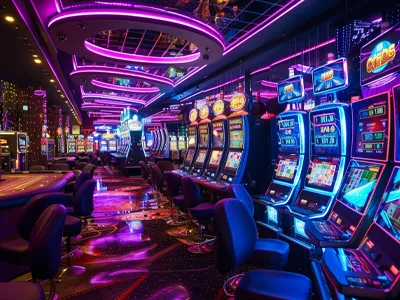Legislators have approved a bill to allow state casinos to install unlimited numbers of VLTs
Casinos in New Hampshire have officially been granted the authority to significantly expand their operations under new legislation signed into law on June 30 by Governor Kelly Ayotte. House Bill 2 (HB 2), now in effect, removes the cap on the number of video lottery terminals (VLTs) casinos can install, marking a major shift in the state’s approach to charitable gaming.
Under the new law, 31% of VLT revenue will go toward the state, with funds distributed between the general budget, addiction treatment and prevention programs, and the charitable partners associated with each casino. The change is expected to generate a noticeable boost in tax revenue while giving licensed facilities room to grow.
In addition to VLTs, casinos are now permitted to offer high-stakes poker and table-game tournaments. These events will be taxed at a flat rate of 5% and are subject to state-level approvals before going live. The law does not mandate a staggered rollout of these new offerings, meaning casinos can begin implementation immediately while the state finalizes regulatory details in the coming months.
Another major provision of HB 2 consolidates the state’s existing self-exclusion programs into one unified system. This allows individuals to voluntarily ban themselves from any state-licensed gambling or lottery venue, making it easier for those seeking help with problem gambling to enforce their limits across all platforms.
The law also transforms the existing Lottery Commission into the newly titled New Hampshire Lottery & Gaming Commission, which will now oversee charitable gaming, VLTs, and historical horse racing.
State Rep. Joe Sweeney, who authored the bill, said the reforms are designed to modernize New Hampshire’s gambling industry. “We’re delivering a responsible, forward-looking framework,” Sweeney said, adding that the changes will strengthen oversight and help nonprofit organizations that benefit from charitable gaming thrive in a more robust and regulated environment.

